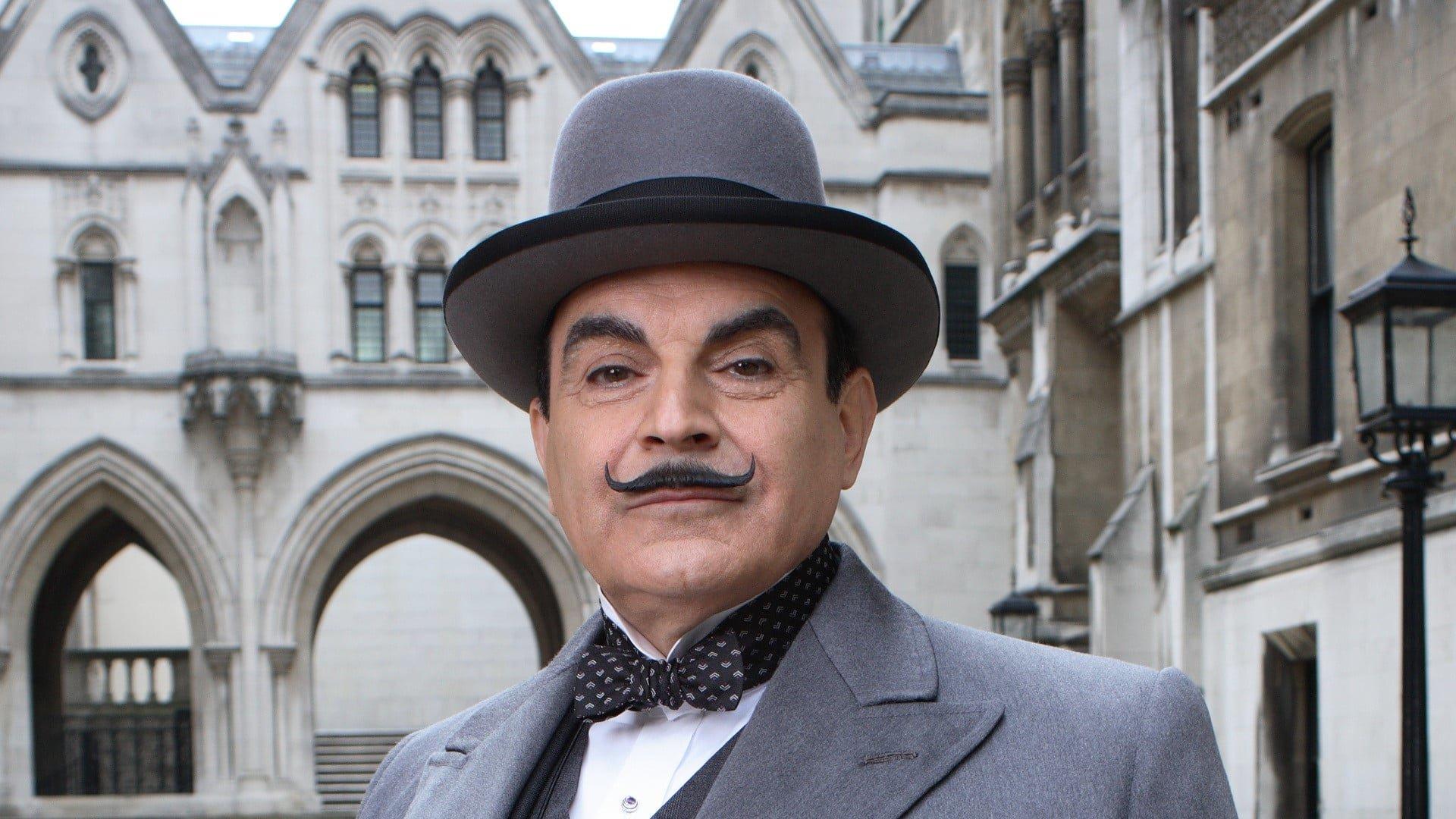The Psychology Of Agatha Christie's Poirot: A Character Study

Table of Contents
Poirot's Methodical Approach: A Reflection of his Personality
Poirot's reliance on meticulous observation and deductive reasoning is a cornerstone of his character and his success as a detective. His famed "little grey cells," representing his intellectual prowess, are constantly at work, analyzing even the smallest details. This methodical approach is not merely a professional skill; it's a deeply ingrained aspect of his personality, reflecting a profound psychological need for order and control. His obsession with tidiness, his precise mustache, and his carefully structured routines all point to this underlying need.
- Emphasis on detail and observation skills: Poirot’s sharp eyes miss nothing. He observes body language, subtle inconsistencies in stories, and even the smallest physical clues.
- Systematic approach to investigation: He doesn't jump to conclusions. Instead, he follows a structured process, gathering evidence, eliminating possibilities, and building a logical case.
- The role of order and control in his personality: Poirot’s need for order extends beyond his investigations. His meticulously organized life reflects a desire to control his environment and the chaos of crime.
- Analysis of his use of deductive reasoning: Poirot’s deductive reasoning is unparalleled. He masterfully connects seemingly unrelated facts, piecing together the puzzle of the crime with precision. This logical process stems from his highly analytical mind.
The Ego and the Enigma: Poirot's Inflated Self-Image
Poirot's pronounced ego is perhaps his most defining trait. His self-proclaimed superiority, often expressed through pronouncements like "It is I, Poirot," is undeniable. This self-assuredness, bordering on arrogance, fuels his confidence and allows him to approach even the most complex cases with unwavering certainty. But is this ego a defensive mechanism, masking underlying insecurities, or a genuine reflection of his belief in his own exceptional abilities?
- Analysis of his self-proclaimed superiority: Poirot frequently boasts about his intelligence and skills, sometimes to the annoyance of those around him.
- Examples of his vanity and arrogance: His fastidious grooming habits and insistence on being addressed with respect demonstrate his vanity.
- Discussion on the potential psychological roots of his ego: His ego may stem from a need to compensate for perceived past shortcomings or a deep-seated desire for recognition.
- How his inflated ego aids (or hinders) his investigations: While his ego can sometimes irritate those he works with, it ultimately fuels his drive and determination to solve cases.
Poirot's Vulnerability: A Hidden Layer of Complexity
Despite his outward arrogance and self-assuredness, Poirot displays moments of vulnerability, hinting at a deeper emotional complexity. While he rarely reveals it overtly, flashes of empathy and compassion towards victims, coupled with his occasional melancholy reflections, suggest underlying insecurities and possibly past trauma. This hidden layer adds depth and intrigue to his persona, making him more than just a supremely confident detective.
- Examples of Poirot exhibiting vulnerability: In certain cases, he demonstrates concern for the victims and their families, showing a softer side.
- Exploration of potential hidden insecurities: His obsessive attention to detail and his need for control could be rooted in deep-seated insecurities.
- Analysis of his compassion towards victims: His capacity for empathy shows that he is not entirely devoid of emotional depth.
- The impact of his hidden emotional depth on his character: This hidden vulnerability adds to his complexity and makes him a more relatable, though still extraordinary, character.
The Power of Suggestion and Manipulation: Poirot's Strategic Tactics
Poirot's skill extends beyond simple deduction; he's a master of manipulation and suggestion. He expertly uses psychological tactics during interrogations, employing subtle cues and leading questions to steer suspects towards confessions or revealing information. This strategic approach reflects his profound understanding of human psychology and his ability to exploit weaknesses for the greater good – solving the crime.
- Examples of Poirot using psychological manipulation: He often uses reverse psychology, planting seeds of doubt, and exploiting the suspects' own biases against themselves.
- Analysis of his interrogation techniques: Poirot carefully crafts his questions and observations, subtly guiding the suspect's responses.
- Discussion of his understanding of human psychology: His success lies in his acute awareness of human nature, allowing him to anticipate and leverage the weaknesses of others.
- The ethical implications of his manipulative tactics: While his methods are effective, they raise questions about the ethics of using psychological manipulation, even for a noble cause.
Conclusion
This study has explored the intricate psychology of Agatha Christie's Hercule Poirot, revealing the fascinating interplay between his methodical approach, inflated ego, hidden vulnerabilities, and manipulative tactics. His character is a testament to Christie's masterful understanding of human nature. The enduring appeal of Hercule Poirot lies not just in his brilliant mind but in the complexities of his fascinating personality, a blend of brilliance and vulnerability that continues to captivate readers and viewers alike. Further explore the compelling psychology of this iconic detective. Delve deeper into the works of Agatha Christie and continue your own psychological study of Hercule Poirot – a character whose enduring appeal lies not just in his brilliant mind, but in the complexities of his fascinating personality.

Featured Posts
-
 Wwe Raw 5 19 2025 A Mixed Bag Our Top Moments And Low Points
May 20, 2025
Wwe Raw 5 19 2025 A Mixed Bag Our Top Moments And Low Points
May 20, 2025 -
 Michael Schumacher Devient Grand Pere Naissance D Une Petite Fille
May 20, 2025
Michael Schumacher Devient Grand Pere Naissance D Une Petite Fille
May 20, 2025 -
 Update Zoey Starks Injury On Wwe Raw
May 20, 2025
Update Zoey Starks Injury On Wwe Raw
May 20, 2025 -
 Miami Gp Hamilton And Ferraris Tea Break Dispute
May 20, 2025
Miami Gp Hamilton And Ferraris Tea Break Dispute
May 20, 2025 -
 Leipzigs Ucl Absence And Bochum Holstein Kiel Relegation Bundesliga Season Summary
May 20, 2025
Leipzigs Ucl Absence And Bochum Holstein Kiel Relegation Bundesliga Season Summary
May 20, 2025
